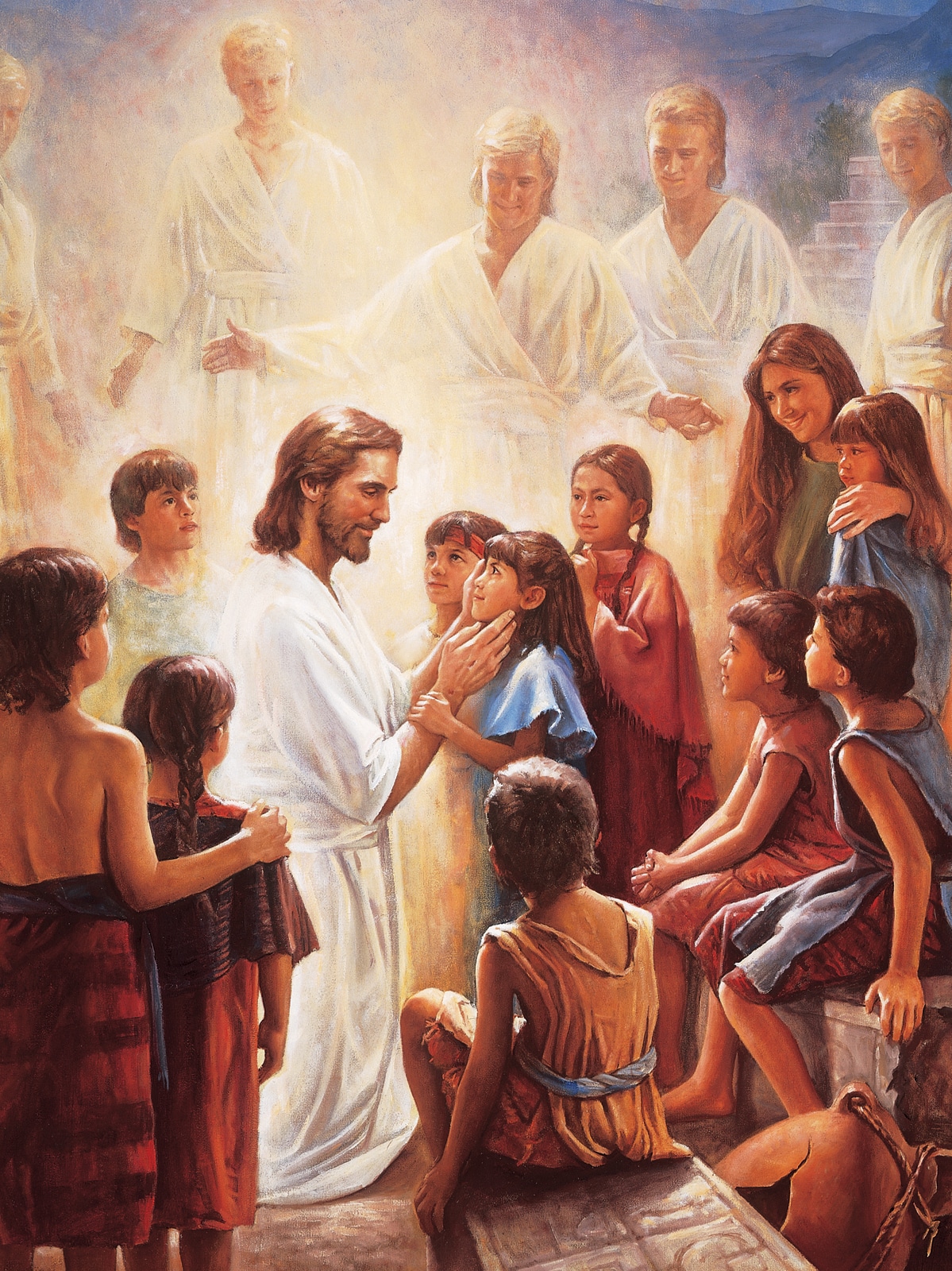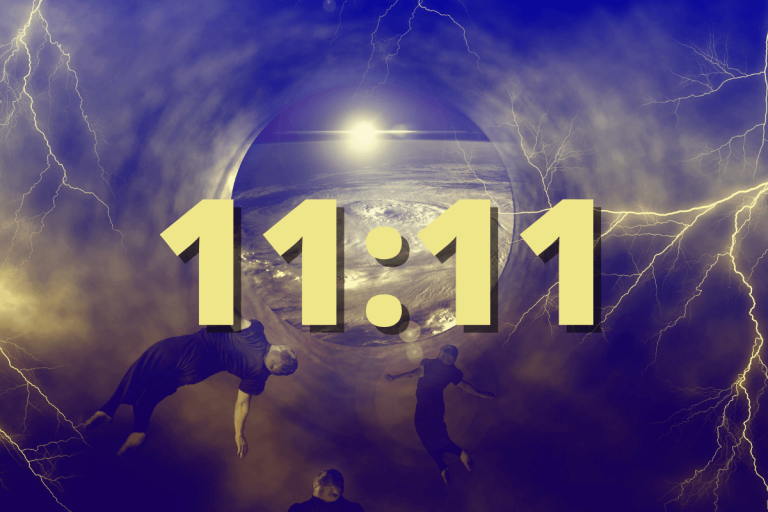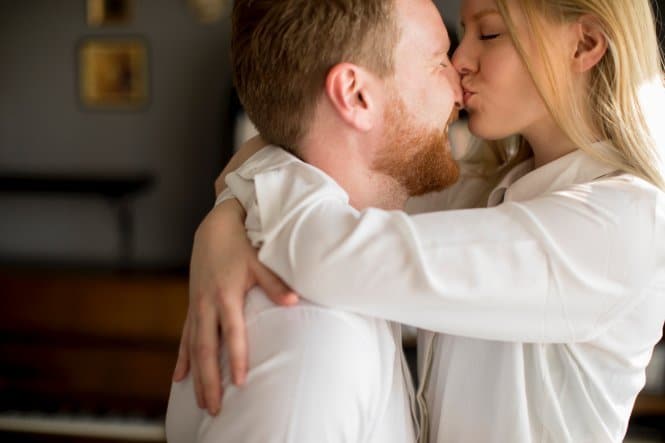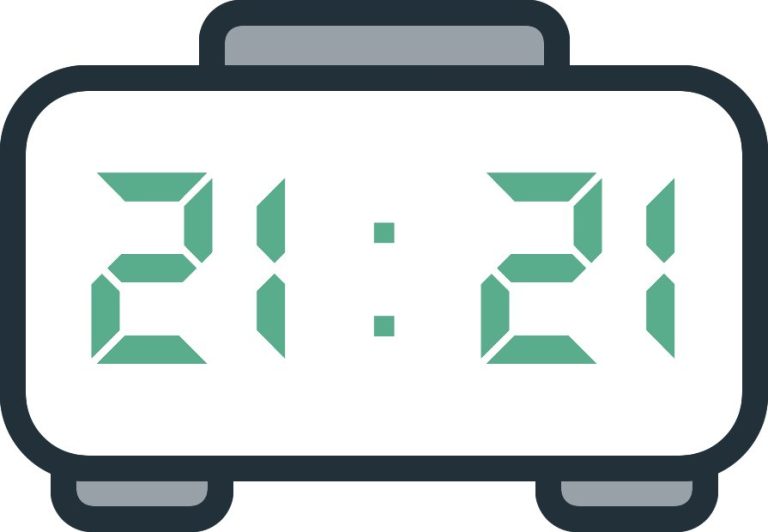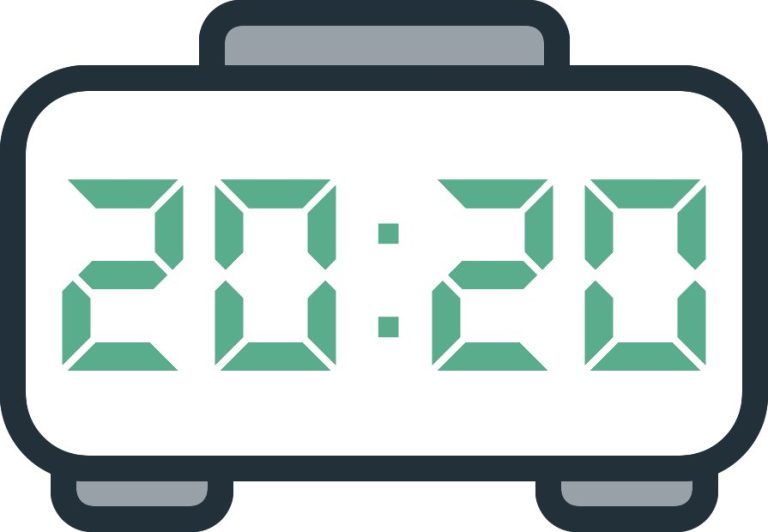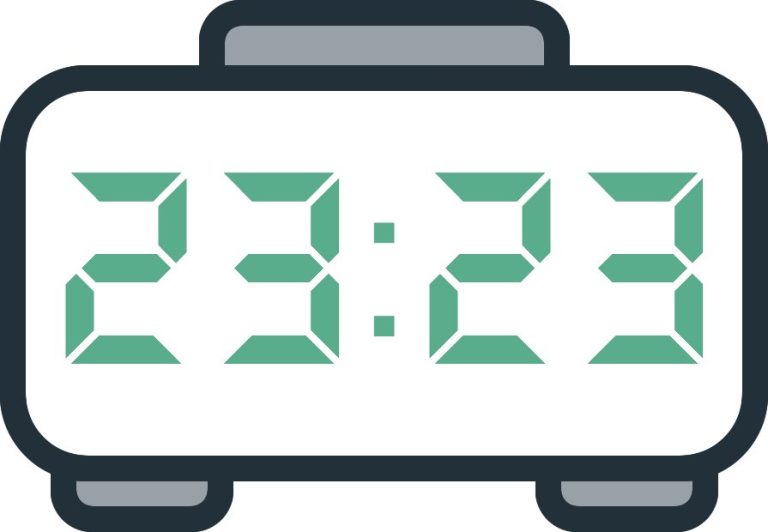The best reflections, on children’s day
The truth is that the subject of childhood, like any stage of the life cycle, can be quite hard for some. There are some reflections on Children’s Day that could help us adults, making those first years of life the best possible for infants. We must offer the best, let us remember that “What you give to children today, they will give to society tomorrow”.
Meaning of Childhood
Being a child represents one of the stages of human development, a stage that covers the first years of our lives, we talk about from birth to the entrance to puberty or adolescence, these moments can vary between 12 and 15 years depending on the person.
This is the stage where the most important growth process occurs and in which the person acquires the minimum skills necessary to live, including the fact of being part of society. We begin to have control of motor skills, language, reasoning and that is when we begin to acquire basic values that we must put into practice throughout our lives.
This is why expressing some reflection for children reminds us all of what we were, there are those who miss that childhood and remember it as that flattering stage of each personal story. There are others who treasure memories and experiences despite the years, the rest of us tend to have rather vague memories of certain stages. There are also those who decide not to exalt their childhood since not everyone enjoys good times either because of: personal, family, or social
It is said that regardless of how good or bad childhood has been, it is characterized more than any of the other stages of our life, this is due to the law of continuous growth. We are talking about the fact that in childhood we develop approximately 70% of what we will grow in the rest of our lives. There are those who affirm that childhood is like the “extra uterine matrix” that contains us and in which we develop the first years of existence, it is the flexible wax where they are printed, like stamps and remain in the depths of our psyche.
childhood stages
In childhood we go through many stages but we will divide the most essential ones into 3:
Lactation: is the period immediately after birth, in which the child, still a baby, is fed by breast milk. Depending on the mother’s habits, culture or need, breastfeeding is usually prolonged until 2 years of age. During this stage, the baby is called “infant”.
1st childhood: it is the period that goes from leaving the infancy planted until the close age of 6 years. During this period, the child strengthens communication skills, develops fine motor skills, learns to follow instructions and develops the foundations for his emotional growth, among many other things. People in this stage are called “infants.”
2nd childhood: it is the stage of childhood that ranges from 6 to 12 or 15 years of age. People in this stage are called “boys” and “girls”.
Of all the human stages, childhood is the most decisive of the entire subsequent process of life. We grow biologically, psychologically and affectively, a large percentage of our further development and it turns out that childhood is like that puzzle where the various pieces that will build our identity and the profile of our personality are emitted.
The Lost Paradise of adulthood
Childhood is to devote ourselves to the task of exploring and discovering the reality of life that surrounds us. We begin to know ourselves and to know how we will be permanently, that is when we begin to socialize with other people, to include ourselves in a family and in the different social circuits with other relationships.
When we reach adulthood, childhood is like the lost paradise of our own life, sometimes we want to return to that old stage of which we are no longer a part. Either because we have forgotten the way and we do not find who can guide us. It really is part of an allegory that does not remain in our past but appears on the horizon of our future, as a point of personal direction that we must reach.
Certainly, as our lives go by, those little traits that we knew from childhood, such as innocence, naivety, the ability to play and dream, are lost; initiative, imagination and creativity. Always starting something new, knowing things and asking without fear and any shame for what we ignore, being affective and expressive without conditioning.
That being spontaneous, authentic, fresh, witty, smiling, shy or outgoing, friendly, cheerful and all those many other good things that define childhood that is painfully forgotten and lost as we grow up, As if this were no longer part of our life and we begin to wear ourselves out, making us harden, becoming rigid and calculating, serious, cautious and distrustful.
The end of every story
Life is the path that is traced through childhood, we must teach children that not all stories have a happy, joyful ending or end well and that, like these, life itself does not either. Some are quite dramatic, for example: the story of Rapunzel.
Meet the synopsis of Rapunzel:
Rapunzel was a young prisoner of a witch who had put her on top of a tower, without any access. When the witch wanted to climb on her, she would ask Rapunzel to drop her long braid and climb on her, as if she were a rope, thanks to her long golden hair. One day, a prince found out about the witch’s secret and -in the same way- he went up to meet the prisoner. When the witch found out, she cut the braid and sent the maiden to the forest, while the prince, she blinded with a spell.
After a long time, the prince blinded and the girl lost, they met in the darkness of the forest and recognized each other. Rapunzel then hugged the blind prince and wept with joy. His tears rolled down to touch the dry, darkened eyes of the prince. Tears bathed her eyes flooding, once again, with a new and warm light. Thus the prince regained his sight:
The moral of this story, like many other defects, is that often in life, the tears of some become the light of others, that is not why we must stop shining with our own light, we must worry about saying these things without reality paying their dreams.
stolen childhoods
Currently, children are in a highly worrying state of risk. Society reveals some of the most critical situations to steal that beautiful childhood, these are: Street children, abandoned, abused and beaten babies, the sale of babies, infant malnutrition, the high percentage of infant mortality, children exploited by the working world of adults, literacy and early school dropout, children inserted in the new configurations of families and bonds, the problem of adoption, juvenile delinquency.
The rehabilitation and social integration of minors who are criminals, organ trafficking, prostitution and child pornography, abused children and victims of violence, children with HIV, aggressive children in schools, child drug addiction, extreme deprivation in which some live, cyber-dependent children and those who are objects of advertising aimed at creating behaviors of child consumerism, children with lack of maternal and paternal, male and female roles, children effectively raised in an abandoned way by their parents, children without limits.
Well these are some of the little things that could be mentioned, today we live in a society that we could say that children are not the most privileged.
I will leave you here two (2) questions as a reflection, they are really simple but it is the grain of sand that I leave in your head, remember that each act you carry out can improve or damage the society of the world in which we live:
- What can we do to counteract all this force of death?
- If it were a son, a grandson or a nephew of yours who suffered from any of this, how would you react?
children’s day reflections for and their stolen childhood; Many of the newly suppressed by society and governments are children, it cannot be said that the rights of the child have not been discussed, even so, there are also many serious violations of these rights such as the one already mentioned. In some countries, the celebration of Children’s Day is to remember in solidarity the way in which some of the children live.
God of Children
These are some of the things that the Bible makes allusive about childhood:
Deuteronomy 6:6-7
Engrave in your heart these words that I am sending you today. Continually impress them on your children. Talk to them about them when you are at home and when you walk along the road, when you lie down and when you get up.
Mateo 19:14
Jesus said: Let the children come to me, and do not prevent them, because the kingdom of heaven belongs to those who are like them.
Proverbs 22:6
Train up a child in the right way, and even in his old age he will not abandon him.
We all know that God has created man there are those who differ on this and have created different theories that have not yet been proven, because he not only loves men and children too, he himself sent his son and submitted to the laws of growth human. By the mystery of the incarnation, whoever became a child, was born of a woman, lived in a family, learned to become human. The child god that we adore in the cradle of the manger at Christmas illuminates the gaze of faith in childhood who eagerly await his birth year after year.
Jesus in the gospel appears surrounded by children and the same gospels tell that despite the fact that the apostles want to distance them, the Lord blesses them and not only that, he also exhorts us all to be like children in order to enter his kingdom. I really find it totally believable since being like children is being human again, it is about reconquering our essence and our soul.
Now if we analyze the story a little Jesus was a child like all the other children of his town, He grew up surrounded by the affection of Mary and the care of Joseph. He lived and played in a humble house supported by the effort of daily work, the cadence of prayer protected the seed of faith in that home.
Mary and Joseph, the Mother and Father of Jesus, it is clear that they were also children, but it is Mary who comes to think that she is chosen as the virgin girl because she showed the delicacy, tenderness and softness typical of candid innocence. of all childhood.
As children’s day reflections I can leave a few, but I think this is one of the most beautiful:
May God cuddle us in the mercy of his arms and in the compassion of his affectionate love. May it be the very Father of heaven who sings us one of the lullabies, that makes us live serene and that his affection lulls us eternally so that we are at peace. Dear God, sing me a song like the ones my mom used to sing to me, Sing to me like when I was a child. Sing to me so that the darkness never touches me, so that fears don’t paralyze me, so that bad feelings don’t reach my soul.
Dear God, sing to the children and also sing to those of us who are no longer children. We all need them, although sometimes we don’t dare to ask you. We are ashamed. We feel big but, in truth, we are still small. Sing to the poor and the sick, to the old and the forgotten, to those who are locked up and to those who have no bread, home, job, family or friends. Sing to us all. That we listen, deep inside us, to your sweet and unmistakable voice that whispers to us. Sing to me, sing me a song so that I can be the child that I still am.
Children’s Day reflections pointed out by Pope Francis on childhood
1.- General Audience of Pope Francis, Wednesday, April 8, 2015, where the following is pronounced:
“When it comes to children coming into the world, no adult sacrifice will be judged too costly or too great.”
2.- Address of Pope Francis to the participants in the plenary session of the Pontifical Council for the Family. Friday, October 25, 2013, where they talk about:
“A society that abandons children and marginalizes the elderly cuts its roots and darkens its future. And you make the assessment of what this culture of ours is doing today, right? With this. Every time a child is abandoned and an elderly person marginalized, not only is an act of injustice carried out, but the failure of that society is also ratified.”
3.- General Audience of Pope Francis, Wednesday, March 18, 2015, where the
“It’s funny: God has no trouble making himself understood by children, and children have no trouble understanding God.”
4.- General Audience of Pope Francis, Wednesday, March 18, 2015, it is said that:
“Children remind us of another beautiful thing; They remind us that we are always children. Even if one becomes an adult or an elder, even if one becomes a father, if one takes a place of responsibility, underneath all this remains the identity of a son. We are all children. And that always leads us back to the fact that life has not been given to us, but rather we have received it.”
5.- General Audience of Pope Francis, Wednesday, March 18, 2015, in which it was stated that:
“Children are in themselves a wealth for humanity and also for the Church, because they constantly call us to the necessary condition to enter the Kingdom of God: that of not considering ourselves self-sufficient but in need of help, love, a gift… ”
6.- General Audience of Pope Francis, Wednesday, March 18, 2015, it is stated:
“Children are not diplomats: they say what they feel, they say what they see, directly. And many times, they put parents in difficulty… They say: “I don’t like this because it’s ugly” in front of other people… But, children say what they think, they are not double people. they have not yet learned that science of “folding” that we adults have learned.”
7.- General Audience of Pope Francis, Wednesday, March 18, 2015, in which he comments:
Children also, in their inner simplicity, bring with them the ability to give and receive tenderness. Tenderness is having a heart “of flesh” and not “of stone”, as the Bible says (cf. Ez 36, 26). Tenderness is also poetry; it is to “feel” things and events, not to treat them as mere objects, only to use them because they serve…”
8.- General Audience of Pope Francis, Wednesday, March 18, 2015, where the Pope raises two questions:
“Smiling and crying, two things that in us grown-ups, are often “blocked”, we are no longer capable… And many times our smile becomes a cardboard smile, a lifeless thing, a smile that is not lively, even an artificial, clown smile. Children smile spontaneously and cry spontaneously. It always depends on the heart. And our hearts often get blocked and lose this ability to smile and cry. And then children can teach us again to smile and cry. We have to ask ourselves: do I smile spontaneously, with freshness, with love? Or is our smile artificial? I still cry? Or have I lost the ability to cry? Two very human questions that children teach us.”

Hello! Let me enthusiastically introduce myself as a dedicated blogger fueled by an intense passion for meticulously crafting insightful and well-researched blogs. My mission revolves around providing you, dear readers, with a veritable treasure trove of invaluable information.

